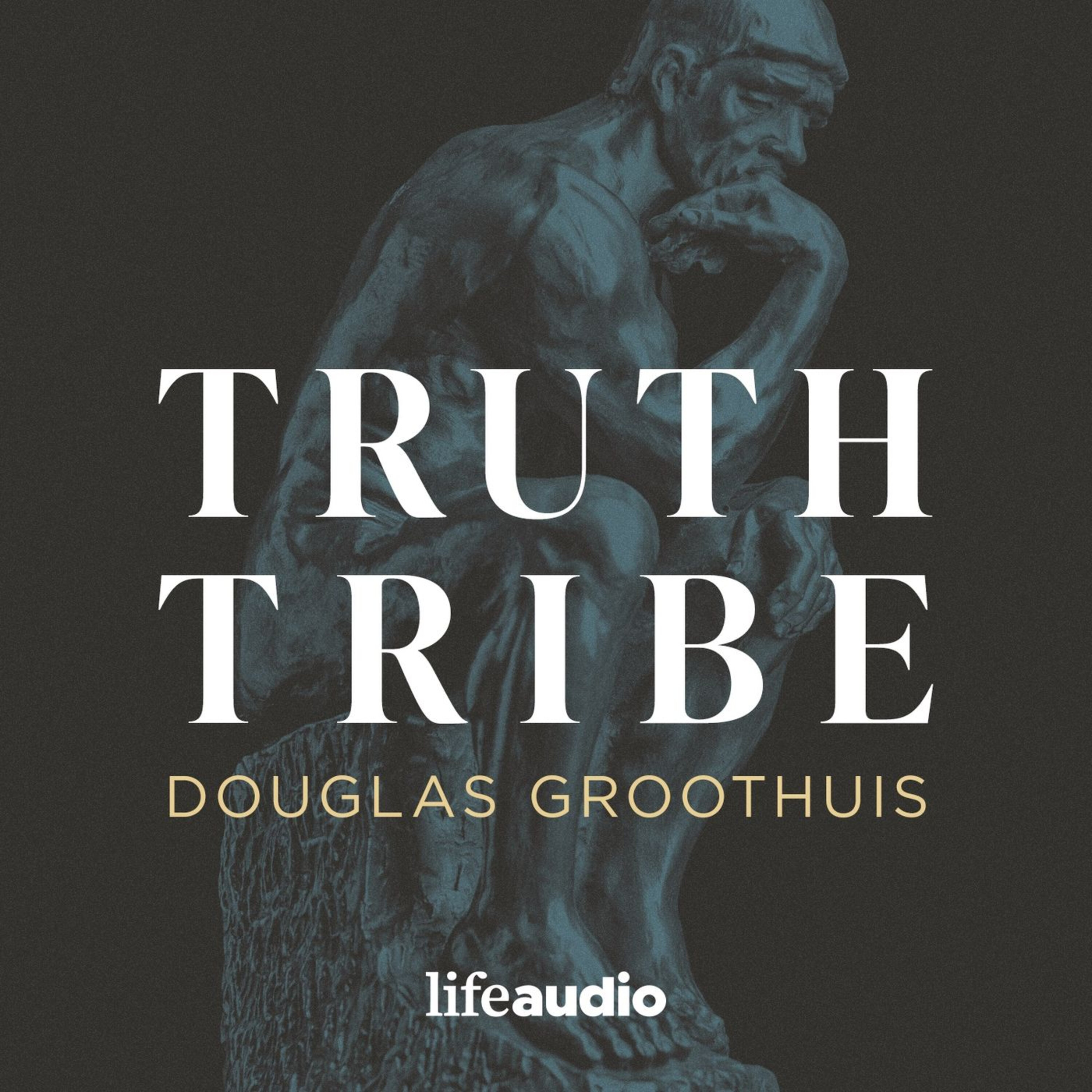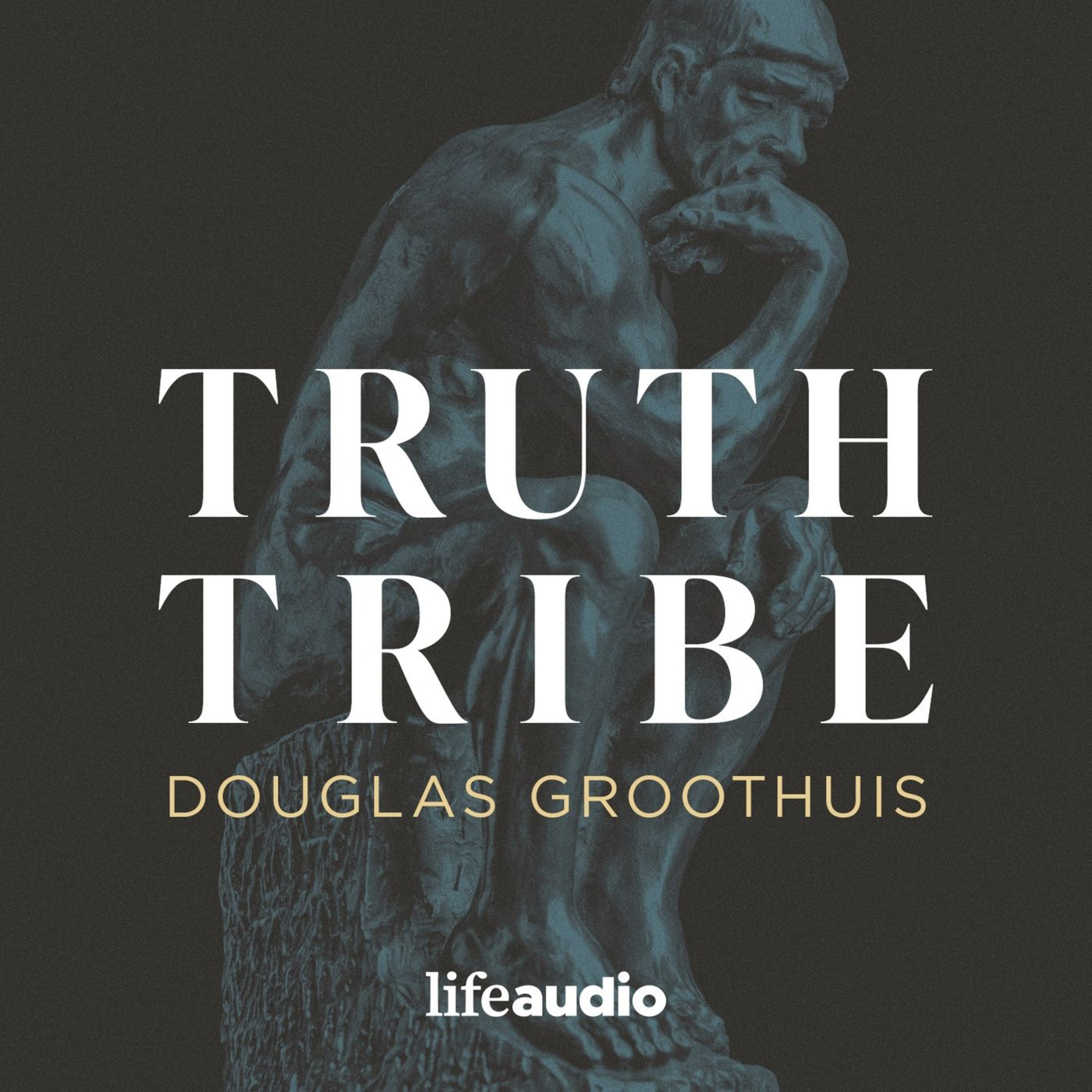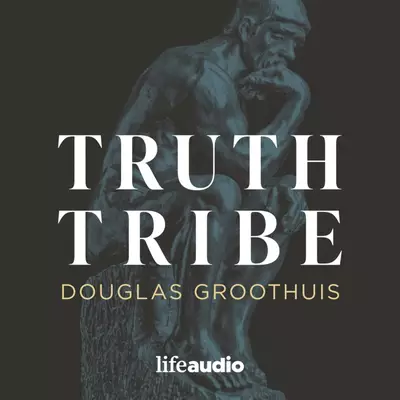Listen on Your Favorite App
Jazz, Common Grace, and Culture Care
January 30, 2023
00:00
24:51
Listen on Your Favorite App
There's a way of playing safe, there's a way of using tricks and there's the way I like to play, which is dangerously, where you’re going to take a chance on making mistakes in order to create something you haven't created before—Dave Brubeck, jazz pianist.
I. Christianity and Culture
A. Case study: jazz and Lutheran Pastor Smith
1. Jazz and worldliness
2. Abstention from jazz
3. Restoration to jazz
B. Creation mandate (Genesis 1:26-28; Psalm 8)
C. The fall (Genesis 3; Romans 3)
D. Christians in culture
1. Reject and condemn; identify the fall (1 John 2:15-17)
2. Affirm, conserve; recognize common grace (Philippians 4:8)
3. Redeem, transform; extend the kingdom of God (Matthew 28:18-20; Acts 1:8). See Andy Crouch, Culture Making
4. Culture care:
a. Tending the garden (Genesis 2). See Makato Fujimura, Mark Labberton, Culture Care (InterVarsity Press, 2017).
b. Salt and light
“You are the salt of the earth. But if the salt loses its saltiness, how can it be made salty again? It is no longer good for anything, except to be thrown out and trampled underfoot.
14 “You are the light of the world. A town built on a hill cannot be hidden.15 Neither do people light a lamp and put it under a bowl. Instead they put it on its stand, and it gives light to everyone in the house. 16 In the same way, let your light shine before others, that they may see your good deeds and glorify your Father in heaven.
5. Common grace: non-saving grace given to cultures and individuals. See work of Abraham Kuyper
II. What Is Jazz That We Should be Mindful of It?
A. It is no longer a “jazz age”
B. I do not mean “smooth jazz” (sickly pseudo-jazz)
C. Origins: Africa, slave songs, New Orleans
Uniquely American art form
D. Originators: Louis Armstrong, Jelly Roll Morton
E. Nature of jazz
1. Swing: “It don’t mean a thing if it ain’t got that swing,” Duke Ellington
2. Syncopation: the offbeat as the right beat
3. Improvisation: “Chops” developed through “time in the woodshed”
4. Collaboration: “big ears”
5. Mastering tradition: “standards”
6. Virtuoso soloists: Louis Armstrong, Charlie Parker, Miles Davis, Duke Ellington, John Coltrane, Sonny Rollins, Pat Martino
7. Jazz culture in Denver
1. Jazz studies at Metro State, directed by Ron Miles, a trumpeter and Christian
2. Dazzle Jazz: Jazz most days of the week and national acts about 3-4 times a month
F. Receiving jazz for what it is.
1. See C.S. Lewis, An Experiment in Criticism on “receiving,” not “using”
2. Behold and receive: John Coltrane, “Alabama”
III. How Jazz Can Shape Christian Witness
A. “Time in the woodshed” means developing your chops
Do your best to present yourself to God as one approved, a worker who does not need to be ashamed and who correctly handles the word of truth.—2 Timothy 2:15
B. Improvisation
C. “Call and response”—dialogue
Paul entered the synagogue and spoke boldly there for three months, arguing persuasively about the kingdom of God. But some of them became obstinate; they refused to believe and publicly maligned the Way. So Paul left them. He took the disciples with him and had discussions daily in the lecture hall of Tyrannus. This went on for two years, so that all the Jews and Greeks who lived in the province of Asia heard the word of the Lord—Acts 19:8-10
D. Syncopation: “the sound of surprise” (Whitney Balliet)
Jesus entered Jericho and was passing through. A man was there by the name of Zacchaeus; he was a chief tax collector and was wealthy. He wanted to see who Jesus was, but because he was short he could not see over the crowd. So he ran ahead and climbed a...
I. Christianity and Culture
A. Case study: jazz and Lutheran Pastor Smith
1. Jazz and worldliness
2. Abstention from jazz
3. Restoration to jazz
B. Creation mandate (Genesis 1:26-28; Psalm 8)
C. The fall (Genesis 3; Romans 3)
D. Christians in culture
1. Reject and condemn; identify the fall (1 John 2:15-17)
2. Affirm, conserve; recognize common grace (Philippians 4:8)
3. Redeem, transform; extend the kingdom of God (Matthew 28:18-20; Acts 1:8). See Andy Crouch, Culture Making
4. Culture care:
a. Tending the garden (Genesis 2). See Makato Fujimura, Mark Labberton, Culture Care (InterVarsity Press, 2017).
b. Salt and light
“You are the salt of the earth. But if the salt loses its saltiness, how can it be made salty again? It is no longer good for anything, except to be thrown out and trampled underfoot.
14 “You are the light of the world. A town built on a hill cannot be hidden.15 Neither do people light a lamp and put it under a bowl. Instead they put it on its stand, and it gives light to everyone in the house. 16 In the same way, let your light shine before others, that they may see your good deeds and glorify your Father in heaven.
5. Common grace: non-saving grace given to cultures and individuals. See work of Abraham Kuyper
II. What Is Jazz That We Should be Mindful of It?
A. It is no longer a “jazz age”
B. I do not mean “smooth jazz” (sickly pseudo-jazz)
C. Origins: Africa, slave songs, New Orleans
Uniquely American art form
D. Originators: Louis Armstrong, Jelly Roll Morton
E. Nature of jazz
1. Swing: “It don’t mean a thing if it ain’t got that swing,” Duke Ellington
2. Syncopation: the offbeat as the right beat
3. Improvisation: “Chops” developed through “time in the woodshed”
4. Collaboration: “big ears”
5. Mastering tradition: “standards”
6. Virtuoso soloists: Louis Armstrong, Charlie Parker, Miles Davis, Duke Ellington, John Coltrane, Sonny Rollins, Pat Martino
7. Jazz culture in Denver
1. Jazz studies at Metro State, directed by Ron Miles, a trumpeter and Christian
2. Dazzle Jazz: Jazz most days of the week and national acts about 3-4 times a month
F. Receiving jazz for what it is.
1. See C.S. Lewis, An Experiment in Criticism on “receiving,” not “using”
2. Behold and receive: John Coltrane, “Alabama”
III. How Jazz Can Shape Christian Witness
A. “Time in the woodshed” means developing your chops
Do your best to present yourself to God as one approved, a worker who does not need to be ashamed and who correctly handles the word of truth.—2 Timothy 2:15
B. Improvisation
C. “Call and response”—dialogue
Paul entered the synagogue and spoke boldly there for three months, arguing persuasively about the kingdom of God. But some of them became obstinate; they refused to believe and publicly maligned the Way. So Paul left them. He took the disciples with him and had discussions daily in the lecture hall of Tyrannus. This went on for two years, so that all the Jews and Greeks who lived in the province of Asia heard the word of the Lord—Acts 19:8-10
D. Syncopation: “the sound of surprise” (Whitney Balliet)
Jesus entered Jericho and was passing through. A man was there by the name of Zacchaeus; he was a chief tax collector and was wealthy. He wanted to see who Jesus was, but because he was short he could not see over the crowd. So he ran ahead and climbed a...
Discover more Christian podcasts at lifeaudio.com and inquire about advertising opportunities at lifeaudio.com/contact-us.
More Episodes

Lament as a Tonic for Suffering
January 16, 2023

Identity and Gender: What Should a Christian Think about Gender Ideology?
February 6, 2023
Meet Your Host

Douglas Groothuis, Ph.D., is Distinguished University Research Professor of Apologetics and Christian Worldview at Cornerstone University and the author of twenty books, including Beyond the Wager: The Christian Brilliance of Blaise Pascal (InterVarsity, 2024).
Website: https://www.DouglasGroothuis.com
Website: https://www.DouglasGroothuis.com
